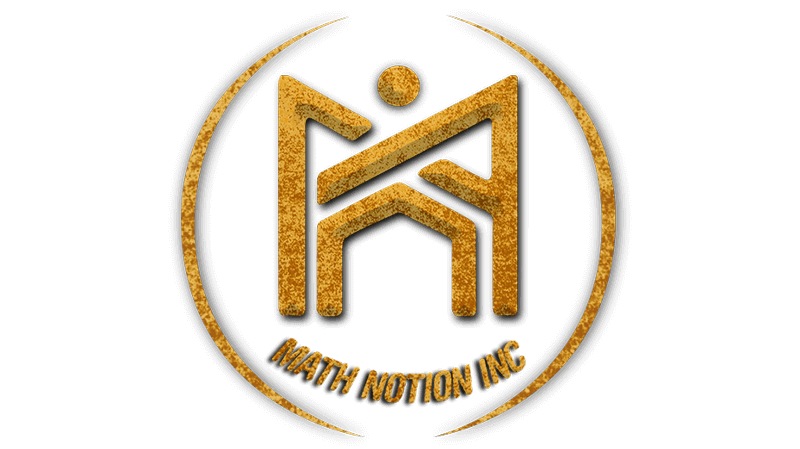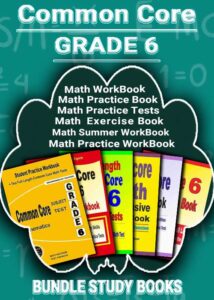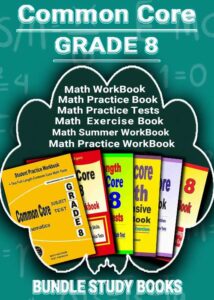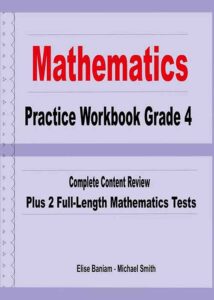
Study Time: 4minutes
Exploring the Mathematical Notion: The Building Blocks of Mathematical Thought
At the heart of mathematics lies a fascinating and intricate world of abstract concepts, known as mathematical notions. Far more profound than perceiving as a field dominated by numbers and equations, these notions form the bedrock of mathematical thinking and understanding. These notions are the fundamental ideas and principles that form the backbone of mathematical theories and applications. Here, we expanded the world of mathematical notions, exploring their complexities, evolution, historical context, and their profound impact on various fields.
Mathematical notions represent the abstract, often intangible ideas that underpin the rules and formulas of mathematics. Unlike the concrete symbols of mathematical notation, notions are the principles and theories behind those symbols.
- Basic Concepts: At the foundation are basic notions such as numbers, arithmetic operations, and simple geometric shapes. These form the bedrock upon which more complex notions are built.
- Advanced Concepts: As mathematics progresses, so does the complexity of its notions. Concepts like algebraic structures (groups, rings, fields), calculus (limits, derivatives, integrals), and higher-dimensional geometry become pivotal.
- Abstract Notions: Some mathematical notions are highly abstract, such as set theory, topology, and complex analysis. These notions often challenge our intuition but provide a powerful framework for mathematical reasoning.
Historical Development and Evolution of Mathematical Notion
Mathematical notions have evolved significantly throughout history, often influenced by the needs of society and advancements in other scientific fields.
- Ancient Beginnings: Early mathematics in civilizations like Egypt and Mesopotamia introduced basic notions of measurement and calculation.
- Classical Contributions: Greek mathematicians like Euclid and Pythagoras developed notions of geometry and number theory, laying the groundwork for future mathematicians.
- Renaissance to Modern Era: The Renaissance and the era of Enlightenment saw an explosion in mathematical notions, particularly in algebra, calculus, and the beginnings of abstract mathematics.
The beauty of mathematical notions lies in their interconnectedness. A concept in one area often finds surprising applications in another.
- Cross-Disciplinary Applications: For instance, the notion of a matrix in linear algebra is crucial in quantum mechanics, economics, and statistics.
- Building on Previous Notions: Newer fields of mathematics often build on existing notions. For example, the development of probability theory in the 17th century was heavily reliant on earlier notions of combinatorics and algebra.
Real-World Applications
The abstract nature of mathematical notions does not preclude their practical applications.
- Science and Engineering: Concepts from calculus and differential equations are fundamental in physics and engineering.
- Technology and Computing: Notions in discrete mathematics, algorithms, and complexity theory are central to computer science and information technology.
- Social Sciences: Statistical notions are critical in psychology, economics, and sociology.
Challenges in Understanding
The abstractness of mathematical notions can make them challenging to grasp. This difficulty often requires a shift in thinking from concrete to abstract, which is a significant hurdle for many learners.
- Conceptual Understanding: Unlike learning by rote, understanding mathematical notions requires deep conceptual comprehension and the ability to apply these concepts in various contexts.
- Educational Approaches: Modern educational approaches emphasize the importance of developing a strong foundational understanding of these notions, moving beyond mere calculation to conceptual thinking.
The Future of Mathematical Notions
As mathematics continues to evolve, so do its notions. With the advent of new technologies and the increasing complexity of the world, new mathematical notions are continually being developed.
- Emerging Fields: Fields like data science and artificial intelligence are pushing the boundaries of existing mathematical notions, creating the need for new concepts and theories.
- Interdisciplinary Research: The future of mathematical notions lies in their application and development in interdisciplinary research, bridging gaps between mathematics and other fields.
Mathematical notions are the essence of mathematics, transcending mere numbers and equations. They are more than just components of an academic subject; they are the expressions of human curiosity and intellect. They represent an ongoing quest to understand and quantify the world around us, providing a framework for not only mathematical thought but for scientific inquiry at large. As we continue to explore these notions, we not only enrich our understanding of mathematics but also our ability to address complex problems in science, technology, and everyday life.




